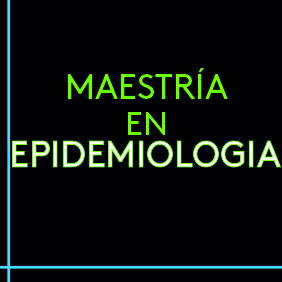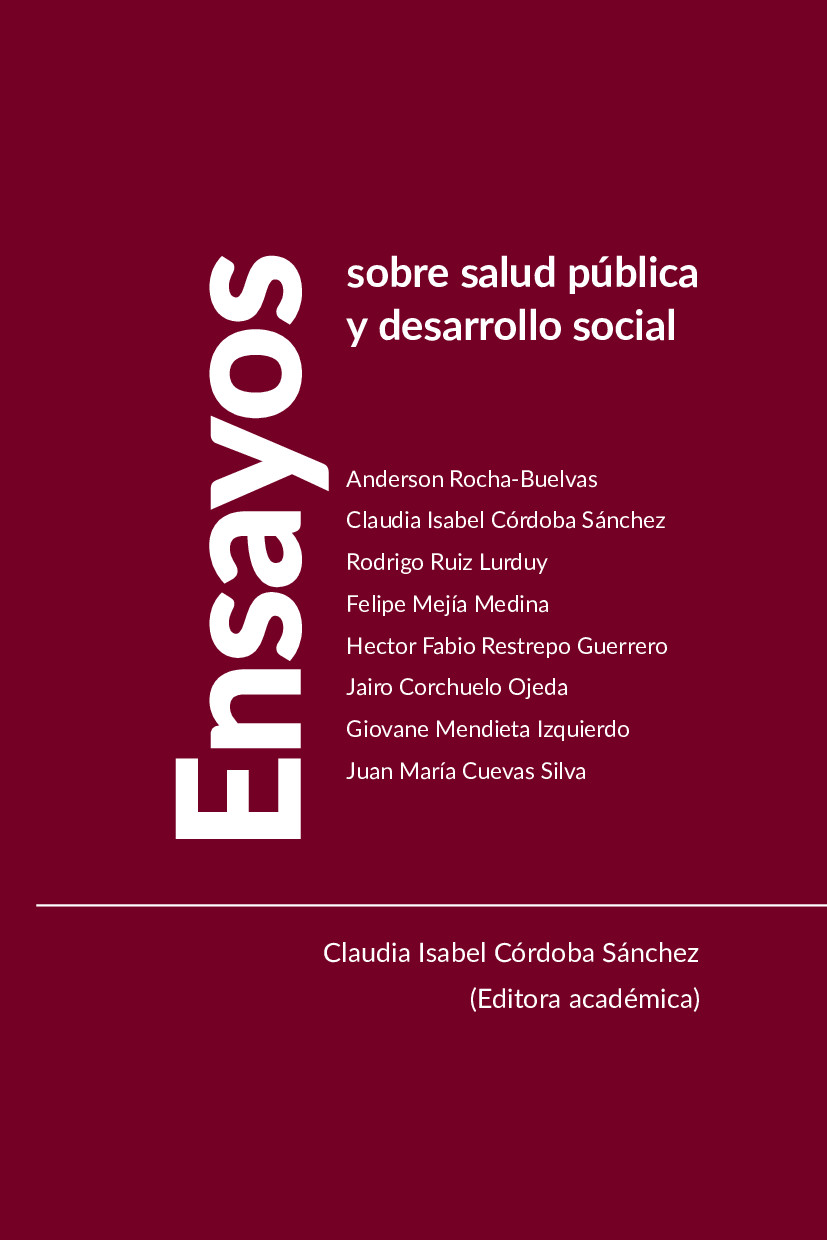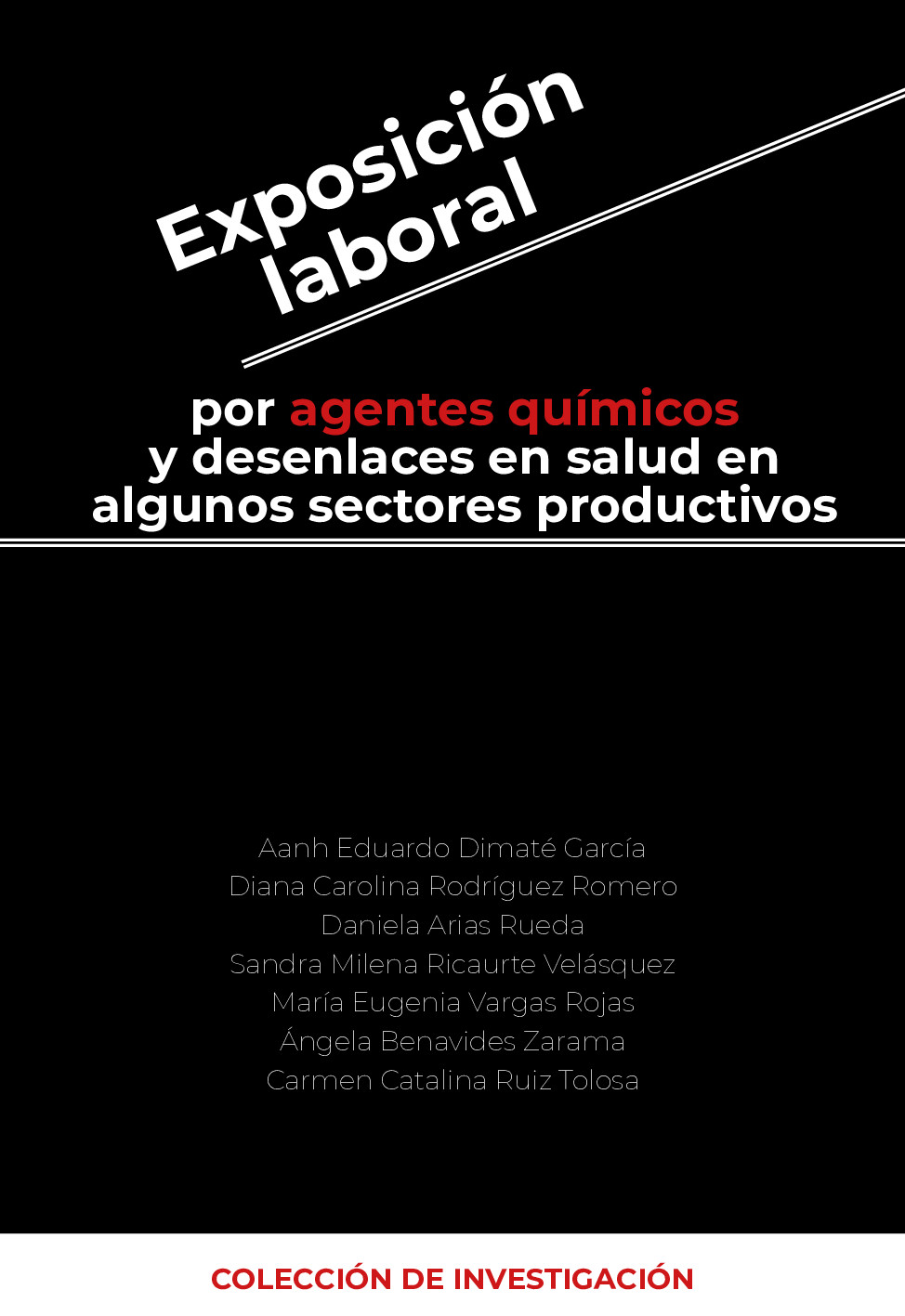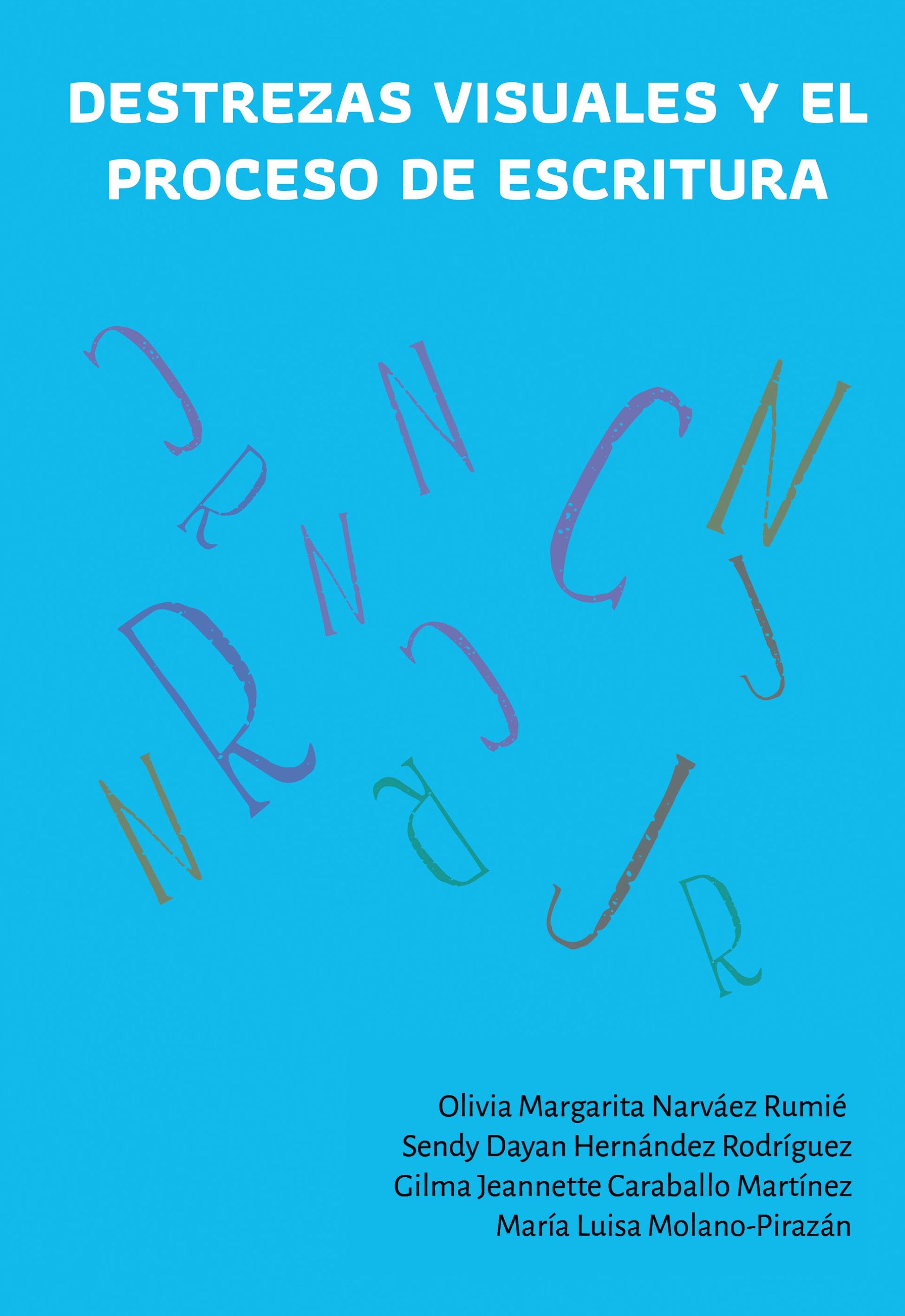Abstract
Introducción: las RAD son un proceso inesperado que afecta la percepción del
donante, y sus variables fisiológicas se convierten en una herramienta de valuación del estado de salud del donante. Métodos: se realizó un estudio de corte transversal retrospectivo e inferencial, en el banco de sangre Fundación Hematológica Colombia. Resultados: la población de estudio la conformaron 627 registros de RAD, de los cuales 65,9% (n=413) eran del género femenino; el promedio de edad fue de 27,4 años; peso promedio de la población 62,4 kilogramos; el tipo de reacción que predominó es la moderada en un 49,2%. Se observó que la tensión arterial sistólica y diastólica sufrió cambios significativos durante el seguimiento (p= 0,000) en los tres tipos de reacción.
Abstract
Introduction: adverse vasovagal reactions are an unexpected process that affects donor’s ´perception; in this the physiological variables become an evaluation tool of their health state. Method: a cross-sectional retrospective and inferential study was made in Fundación Hematológica Colombia. Results: the study population was formed by 627 adverse vasovagal records, in which 65.9% (n=413) were females, the average age was 27,4 years, the average weight of
the population was 62,4 kilograms, the moderate reaction was the most predominant with 49,2%. Both systolic and diastolic blood pressure suffered significant changes during the monitoring (p=0,000) in the three types of reactions.
Keywords Blood; Blood Bank; Vital Signs; Blood Donors.
Licence
Authors should declare no conflicts of interest either for reasons of financing the project which is the result of the article; as well as intellectuals, academics, moral and investigative reasons.
The Journal of Andean Research is home to the ethical rules for publications issued by the COPE: http://publicationethics.org/resources/code-conduct


















